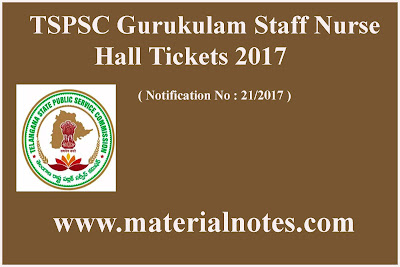1. Which of the following is the first priority in preventing infections when providing care for a client.
A. Hand washing
B. Wearing gloves.
C. Using a barrier between client's furniture and nurse's bag.
D. Wearing gowns and goggles.
Answer : A
2. Factors influencing the nosocomial infection are
A. Patient susceptibiity
B. Microbial agent
C. Environment factors
D. All the above
Answer : D
3. Chlorhexidine is
A. Bactericidal
B. Germicidal
C. Bacteriostatic
D. Antiseptic solution
Answer : C
4. The nurse incharge is evaluating the infection control procedures on the unit. Which finding indicates a break in technique and the need for education of staff ?
A. The nurse aide is not wearing gloves when feeding an elderly client
B. Client with active tuberculosis is asked to wear a mask when he leaves his room to go to another department for testing.
C. A nurse with open, weeping lesions of the hands puts on gloves before giving direct client care.
D. The nurse puts on a mask, a gown, and gloves before entering the room of a client on strict isolation.
Answer :
5. In VAP patient what is a standard angle of degree to which head end of the bed should be elevated
A. Reduce GI bleeding
B. Decrease the risk of aspiratin
C. Decrease breathing difficulty
D. None of the above
Answer :
6. Proton pump inhibitors are the prophylaxis for
A. Acidity
B. Mouth ulcer
C. Inflammation
D. Peptic ulcer
Answer : A
7. What are the preventive measures for CLBSI ?
A. Prolong use of catheters
B. Maintaining high level of aseptic technique
C. A & B
D. None of the above
Answer :
8. Increased glucose rate in the post operative patient is the indication of
A. Increased urine output
B. Increased respiration rate
C. Increased heart rate
D. Increased infection
Answer :
9. Hospital acquired infection is also known as
A. Nasocomial infection
B. Nostocomial infection
C. Nosocongenial infection
D. Nosocomial infection
Answer : A
10. How many steps are there in effective hand washing
A. 10 steps
B. 7 steps
C. 8 steps
D. 6 steps
Answer : 7
11. What are portals of entry for microorganisms in intravenous catheter system
A. Insertion site
B. Stop cock
C. Medication port
D. All the above
Answer : D
12. Factors influencing the Nosocomial infection are
A. Patient susceptibility
B. Microbial agent
C. Environment factors
D. All the above
Answer :
13. If the patient is contraindicated for anticoagulants what is the choice of treatment for DVT prophylaxis
A. Pedal compressor
B. Wheel chair mobilization
C. Physiotherapy
D. All of the above
Answer :
14. The plank pain and fever is the indication of which nosocomial infection
A. Urinary tract infection
B. Blood stream infection
C. Pneumonia
D. Surgical site infection
Answer : A
15. What are the indications of VAP
A. Pus and blood in suction
B. Increased cell count
C. Decreased cell count
D. None of the above
Answer :
16. How long hands to be rubbed together for effective hand washing
A. 1 minute
B. 15 seconds
C. 20 seconds
D. 45 seconds
Answer : C
17. Hyperthermia is result of which of the following in the post operative patinet
A. Anesthesia and cool environment
B. Infections
C. surgical incision
D. Absence of aseptic technique
Answer :
18. What are the types of hospital acquired infection
A. Ventilator associated pneumonia
B. Surgical site infection
C. Central line associated blood stream infection
D. All the above
Answer : D
19. In VAP patient what is a standard angle of degree to which head end of the bed should be elevated
A. 30 to 45 degree
B. 40 to 50 degree
C. 60 to 90 degree
D. 120 degree
Answer :
20. The epidermis and dermis involvement in the infection in surgical site comes under which of the following
A. Superficial surgical site infection
B. Deep surgical site infection
C. A & B
D. None of the above
Answer :
Related Posts :

